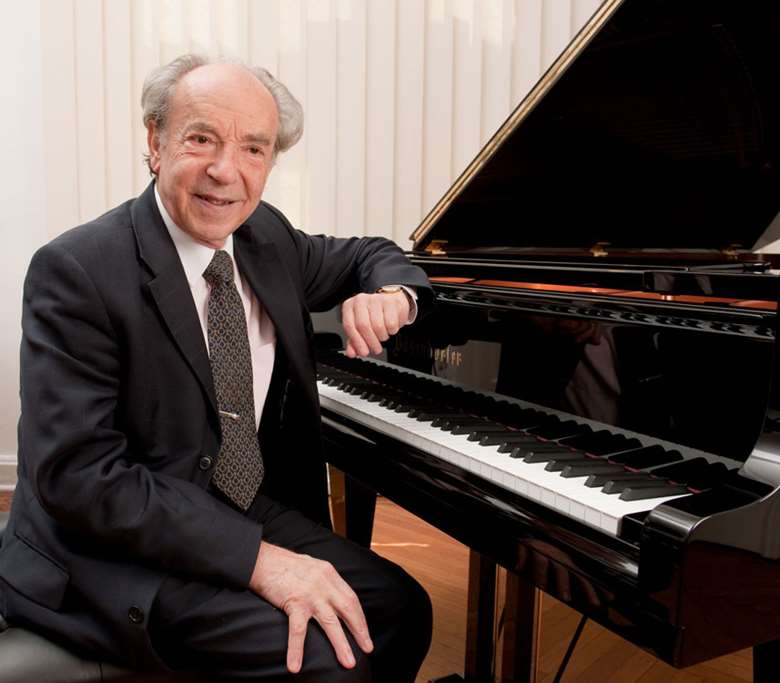Pianist Paul Badura-Skoda has died at the age of 91
Rob Cowan
Thursday, September 26, 2019
Badura-Skoda was much respected and played under the baton of Wilhelm Furtwängler, Herbert von Karajan, Hans Knappertsbusch, Hermann Scherchen and George Szell

Hearing of the Austrian pianist Paul Badura-Skoda’s passing on September 25 just short of his 92nd birthday brought back happy memories of enjoying his many distinguished recordings on the Westminster label. In fact, in 2017 Deutsche Grammophon, who own Westminster’s catalogue, released a 20-disc ‘Paul Badura-Skoda Edition’ in honour of the pianist’s 90th birthday.
Until his death, Badura-Skoda had been among the last pupils of Edwin Fischer still performing. He was much respected, having played under the baton of Fischer’s friend and colleague Wilhelm Furtwängler, as well as under Herbert von Karajan, Hans Knappertsbusch, Hermann Scherchen (who conducts Beethoven’s five concertos included in the ‘Edition’) and George Szell. Along with his piano-playing contemporaries Friedrich Gulda and Jörg Demus he was part of the so-called ‘Viennese Troika’.
Badura-Skoda was an especially noteworthy exponent of Mozart’s piano concertos, a number of which he set down on disc, although his way with Schubert – most notably the piano-four-hands repertory with Demus (DG) – was unforgettably persuasive and he was also highly adept in the music of Chopin (whose concertos he recorded under Artur Rodzinski), Ravel, Rimsky-Korsakov and Scriabin. He toyed with many keyboard instruments, from accordion and a ‘Computer-Controlled Bösendorfer Grand Piano’ to numerous early instruments, all included in a seven-disc set on the Kleos label (CDKL5117) that featured among its contents works by Bach, Berg, Brahms, Chopin, Haydn, Liszt, Martin, Ravel, Scarlatti, and Villa-Lobos (see Replay, April 2005).
Perhaps most revealing of all are his two cycles of Schubert solo sonatas, the first from 1967-68 for RCA Victor (the CD reissue was reviewed by Jed Distler in our December 2017 issue) and a second recording (Arcana, 1991-96) where Badura-Skoda used only fortepianos from Schubert’s time, or a little later, and where ‘depth, insight, beauty, authenticity and penetrating interpretation’ (according to one critic) won the day.
He is probably the only pianist to have not only recorded the Mozart, Beethoven and Schubert sonatas complete, but to have employed both historic and modern instruments as part of the plan. Badura-Skoda also made distinguished chamber music recordings with the likes of the cellist Antonio Janigro and the violinist Jean Fournier.
Twentieth-century music was also on his agenda. He collaborated with the Swiss composer Frank Martin, producing editions and recordings of his music, as well as preparing several articles on it.
He was widely celebrated for his musical scholarship, often along with his wife Eva Badura-Skoda. The Badura-Skodas edited one of the volumes of Mozart's piano concertos for the Neue Mozart-Ausgabe (consisting of K.453, 456, and 459). They also produced books on the interpretation of the piano music of Mozart and the keyboard music of Johann Sebastian Bach, which have been translated into several languages. Scholar-musicians of this high calibre are not exactly thick on the ground and I would urge readers to investigate further, preferably using the ‘Paul Badura-Skoda Edition’ as a starting point.











